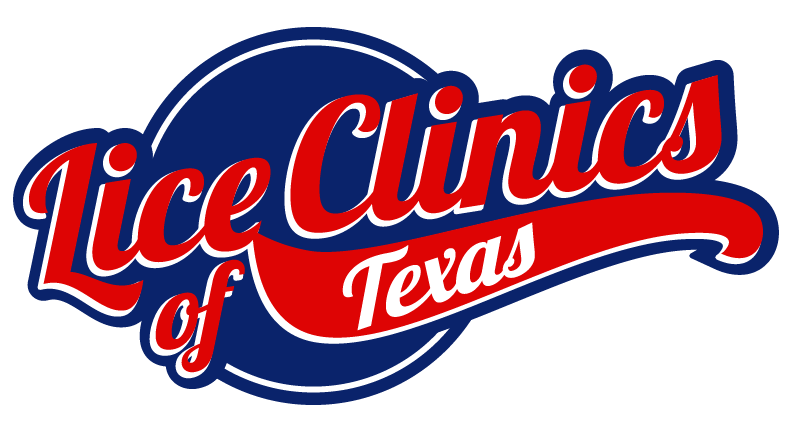Stress-free Vacations Have Many Health Benefits
Millions of people are planning their getaways this summer. Family vacations are a healthy way to forget your troubles and leave the stress behind. In fact, Dr. Susan Krauss Whitbourne Ph.D. elaborated on this topic in a recent article in Psychology Today, “Vacations have the potential to break into the stress cycle. We emerge from a successful vacation feeling ready to take on the world again. We gain perspective on our problems, get to relax with our families and friends, and get a break from our usual routines.”
So, what makes a vacation successful? Making memories, creating bonding time, having fun and definitely coming home head lice free! Did you know traveling can put your family at risk of contracting head lice? Here is some expert advice on ways traveling makes you susceptible and how to avoid head lice on your vacation.
Beware of Hitchhiking Head Lice
- 1.73 million people flew commercial airlines every single day in 2017, according to The Bureau of Transportation Statistics. That is millions of people sharing seatbacks, standing in overcrowded lines, and pushing through groups to catch a flight. All possible scenarios where head lice can be passed from person to person. Seats are not sanitized regularly enough to kill head lice on airplane seats.
- Lice or nits can stay alive for 2 days when they are removed from the head of a human. That means it could be waiting in the woven fabrics of the seat, looking for its new host to provide shelter and food. Millions of travelers each day make your chances of catching lice on a flight, on a public bus, in a taxi, or any means of public transportation greater than you may think. Especially during summer months when travel is more common.
- Heavily, crowded areas with large groups of people are always riskier when it comes to head lice. Amusement parks, beaches, theaters, malls or ball games are all places where direct contact may be unavoidable as someone pushes up against you in line, or bumps into you unknowingly to get past.
- Super lice, lice resistant to over the counter treatments, are now more prevalent in the U.S. than ever. While traveling be aware that these super lice have been reported in 48 out of the 50 states in the U.S.
- Family vacations mean staying in hotels, motels, RVs, tents, or accommodations that put your family members within close proximity to each other. Direct contact is the most common way head lice are passed from person to person. Living closer together means more contact is inevitable.
- Sharing is often more common on vacations. Timmy forgot his pillow, or Mary left her towel at the pool. Any of the personal items we use that could be harboring lice are sometimes shared by more people and more often on trips. We might not have access to washing machines as often as well.
Travel Tips to Avoid Head Lice on Your Vacation
- Don’t be lackadaisical about head lice on your vacation. Sometimes during the fun and adventure, we can forget to be cautious. Maybe it would help to talk to your kids beforehand about being diligent to avoid head lice.
- Each person should use their own beddings, towels, hats, jackets, stuffed animals or even headphones while traveling. Individuals should try to use their own personal belongings and not share even in cars or while traveling on airplanes. Passing head lice is very common by sharing bedding and headgear. This does not change just because you are taking a vacation.
- Avoid trying on hats and jackets at gift shops. Think of the thousands of people who may be trying on the same hat. Avoid this by coming prepared with your own gear from home. Order a hat online beforehand and sport it during the whole trip. It could still count as a souvenir and not be a risk for head lice.
- Remember, people with long hair are more at risk for catching head lice. Did you know that head lice grasp hair strands with little claws attached to the end of their legs? Longer hair is more easy for them to attach to. Pull it back into a hat, up into a braid or ponytail to avoid contact with head lice.
- Perform head lice checks on the scalps of all your family members before you leave for vacation. Vacation fun time is not the best time to discover one of your family members has head lice! Check beforehand to make sure you don’t have a huge problem on your hand once you reach your destination. Remember, sometimes symptoms can take weeks to manifest.
- Utilize the Lice Clinics of Texas and their professional advice! We help thousands of people with head lice every day. Our clinics offer professional nit combs and kits to help you effectively prevent and treat head lice. Call us today to discuss any concerns or questions you may have about head lice checks.

